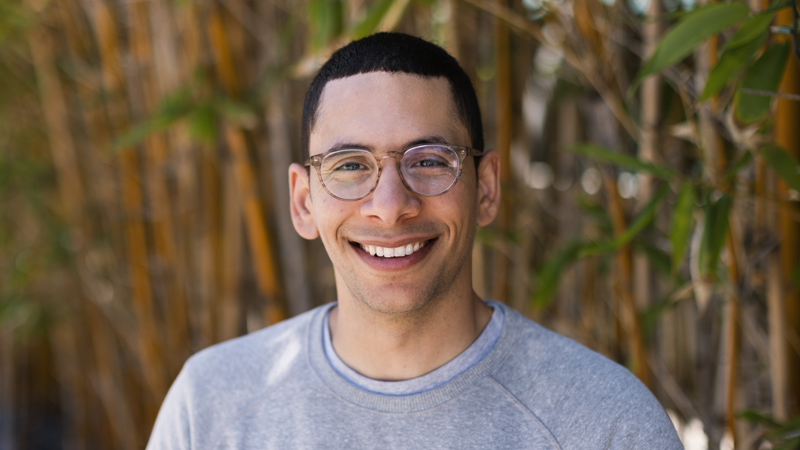
Ahmed Badran, PhD, assistant professor of chemistry at Scripps Research, has been selected to receive a seed grant from the Hypothesis Fund for research into a critical enzyme involved in photosynthesis.
The Hypothesis Fund supports early-stage, innovative research by providing seed grants to scientific projects investigating high-risk, high-reward ideas, which would typically be ignored or underfunded.
Badran’s project, “Investigating RuBisCO Catalysis with New-to-Nature Chemistries,” was selected for “the boldness of the science, his willingness to take a risk and go after a big idea, and the potential long-term impact of his work.”
RuBisCO is an enzyme that allows plants to capture carbon dioxide during photosynthesis and one of the most abundant enzymes on the globe. It’s involved in the earliest phase of carbon capture. While it has been the subject of intense study, it hasn’t yet seen the advancement that researchers believe is possible.
Badran’s project intends to investigate whether it’s possible to maximize RuBisCO by introducing new-to-nature amino acids into its sequence, which may unlock better activities in this globally essential enzyme. Recently, his lab reported a novel method to expand the genetic alphabet beyond the traditional 20 amino acids in proteins.
The potential applications of Badran’s research could enable scientists to engineer faster growing plants or enzymes that are more robust in capturing carbon dioxide for applications in biosynthesis.
Among his several honors, Badran is a recipient of the Homeworld Collective Garden Grant, the Young Investigator Research Program Award from the Air Force Office of Scientific Research, the Army Research Office Early Career Award, the Abdul Latif Jameel Water and Food Systems Water and Food Grand Challenge Award, and is a Breakthrough Energy Explorer Fellow.